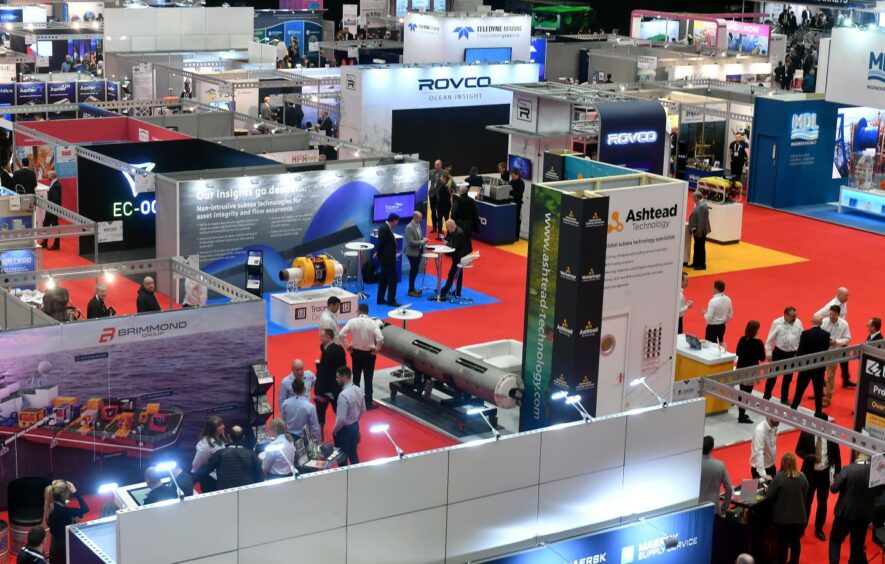
“You would like to think it was good planning,” joked Neil Gordon, chief executive of the Global Underwater Hub (GUH), “but I think it’s just fortunate that, at the moment, it looks as if everything has landed well for us.”
Fortuitous or not, the fact that Subsea Expo is, as it stands, able to go ahead as planned later this month is a long awaited ray of light for the energy industry, one that is hopefully a sign of things to come.
Concerns about Omicron meant that, as recently as last month, there was still speculation about whether the event in Aberdeen could take place.
Such conjecture was not helped by similar conferences, most notably Offshore Europe, opting to delay as uncertainty reigned.
But after the Scottish Government opted to roll back restrictions at the end of January, GUH has been able to push on with preparations for the showcase.
Billed as the world’s largest subsea exhibition and conference, Subsea Expo 2022 is being held between February 22-24 at the P&J Live.
Gordon said: “Everything indicates that Subsea Expo might be one of the first major industry gatherings since lockdown.
“We anticipate a good turnout as well, although it’s difficult to judge how many individuals will actually attend; it is hard to know whether some of the companies involved will actually allow their people to travel.
“I have spoken to overseas companies though that, after finding out it’s likely to go ahead, have booked flights and are making arrangements for journeying to the UK.
“Hopefully there will be a real increase in uptake and attendance now that there is visibility.”
Having been forced to postpone last year’s showcase, GUH has curated a lineup of leading industry voices to mark Subsea Expo’s return.
Finalists have also been announced for the prestigious Subsea Expo Awards, with Baker Hughes, STATS Group and James Fisher Offshore all in the running.
Interestingly, GUH’s flagship event is due to take place almost two years to the day since the UK was first plunged into lockdown.
Since that fateful day, restrictions on everything from travel to gatherings has meant that in-person energy industry events have been something of a collector’s item.
Gordon said: “It has been clear for the past 18 months or so that there’s a real appetite to meet face to face and to do business in an environment where people can talk easily, something that can be quite difficult to do virtually.”
A new era for the GUH
Subsea Expo comes at the dawn of a new era for the GUH, a new organisation launched at the end of last year that builds on Subsea UK’s heritage and success.
In line with organisation’s ambition to broaden its focus on the wider blue economy, the theme for the event will be ‘oceans of opportunity’.
“It will be a lateral view across the underwater horizon, looking at the various areas,” explained Gordon.
“The focus will be on how companies can engage with different sectors, learn from them and explore opportunities within them. That goes for defence, aquaculture, offshore wind, oil and gas, carbon capture and storage (CCS) and hydrogen.
“Subsea Expo will be an opportunity to learn more about what is happening across the underwater space and what the timescales are with some of these opportunities, because that is often the unknown.
“We’ve had a number of new members sign up to the GUH recently as well. That is very encouraging and I know that those companies really want to engage with others in the sector. For many, Subsea Expo will be the first chance in a long time to do that in-person.”
ScotWind
Given recent developments in the space, it is likely that offshore wind will dominate much of the discussion at Subsea Expo.
Crown Estate Scotland recently announced the winners of the ScotWind leasing process in what was a momentous day for Scotland’s energy industry.
Option agreements were dished out to 17 offshore wind projects, laying the foundations for a pipeline of renewables work that could last decades.
In what will be a big boon for the subsea sector, floating wind makes up the majority of the schemes that were selected.
Gordon said: “Within floating offshore wind is the subsea element where there is real expertise in the UK and Scotland, particularly in the north-east. The GUH is already engaging with government and other organisations to make sure there is an understanding of where the opportunities are so we can capture a lot of the market share.
“The ScotWind bidders have made a lot of pledges about engaging with the supply chain; collectively we have to make sure we’re in a position to compete and win that business. We do not get it by right.
“It is on the subsea industry to make sure it’s prepared and that it understands the challenges so it can win that floating offshore wind work, because that’s where we see the big opportunities.
“The floating structures that will be needed are the same or similar to those that are used in oil and gas. That also goes for the anchoring systems and the dynamic cables that move in the water – there’s a lot of technology that is very transferrable.”
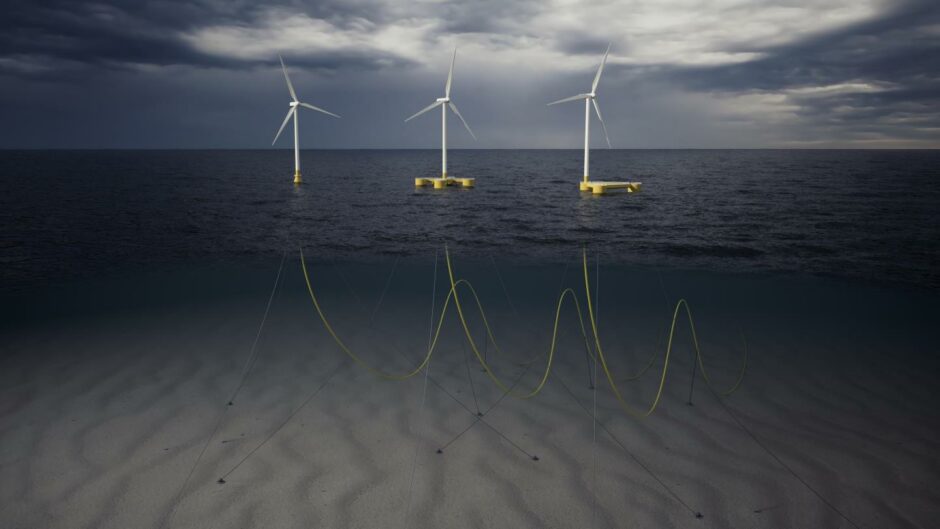
In order to ensure that Scottish companies are at the front of the queue when work is handed out, the GUH is working with organisations like the Offshore Renewable Energy (ORE) Catapult.
And the success of established North Sea oil and gas players, including BP, Shell and TotalEnergies, is also likely to stand the domestic supply chain in good stead.
Gordon said: “We’ve got to make sure that we engage with developers and the supply chain so that these offshore wind plans can materialise.
“It’s a win-win really. The bidders can deliver on their local content targets, and the supply chain can win business.”
A ‘transition’, not a ‘switch’
Beyond offshore wind, subsea companies are also involved in CCS and hydrogen as they progressively move into the low carbon space.
But Gordon is keen to underline the need for a “transition”, rather than a “switch”.
As concerns about climate change intensify, so too do calls for the UK Government to prioritise clean forms of energy.
And despite well founded fears that it would lead to thousands of jobs losses, that means some want North Sea oil and gas production to be wrapped up as a matter of urgency.
“If we shut down oil and gas too quickly, the capabilities within the supply chain to deliver the energy transition will be lost,” said Gordon.
“We have got to look at the issue more holistically, rather than just having a very polarized, narrow view. How the energy transition is managed is complex, and we need to make sure that the lights are kept on.”
Export opportunities
Moreover, by sustaining and shaping the local supply chain, Gordon says there is a chance for Scotland to become a “world leader” in renewables technology.
That is particularly pertinent for the subsea sector, which can lean on its legacy, utilise its “competitive advantage” and “create technologies” that can be exported around the globe.
Events such as Subsea Expo will provide the ideal stage for Scottish companies to showcase their skills and set out how they can aid the decarbonisation drive.
And as much of the world continues to emerge from lockdown, next month’s event comes at a potentially defining time for the energy industry and the GUH.
Gordon said: “We went into lockdown almost two years ago, since when we’ve had COP26 and a raft of other changes in the world.
“We’re now coming out of this, in to 2022 and things are very different. COP26 raised the awareness of the need for change, the importance of transitioning to net zero and doing so across the board.
“That’s why we have to have a much more lateral view of the world going forward in the underwater space, and that’s exactly what the GUH is doing.”
Recommended for you


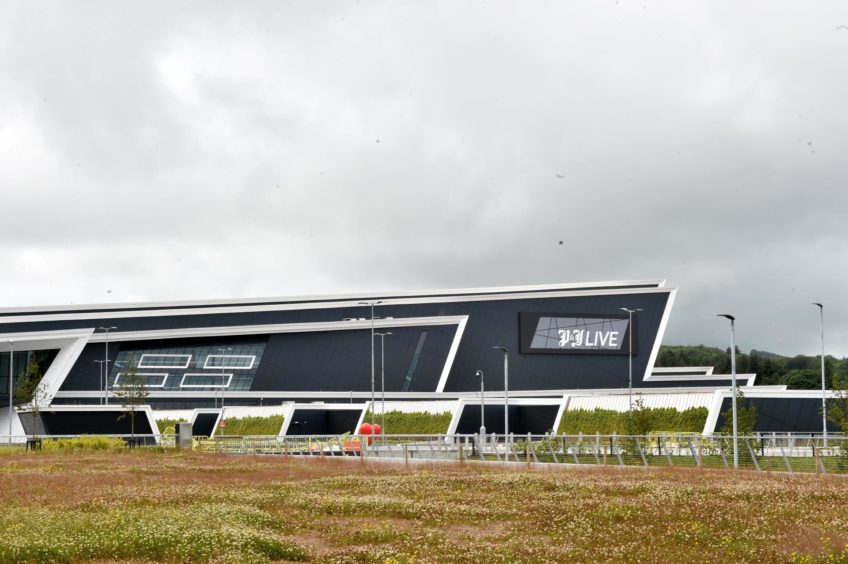 © Supplied by Darrell Benns/DCT Me
© Supplied by Darrell Benns/DCT Me © Supplied by Global Underwater Hu
© Supplied by Global Underwater Hu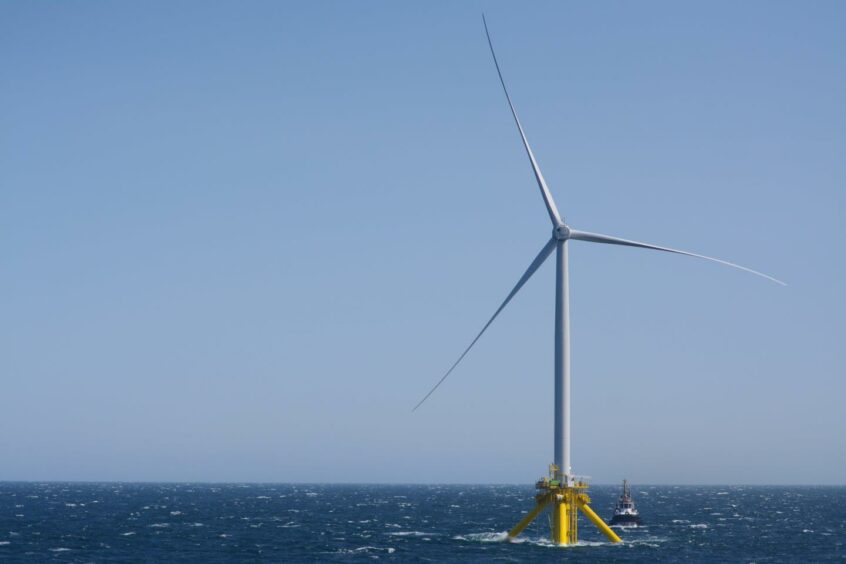 © Supplied by Shell
© Supplied by Shell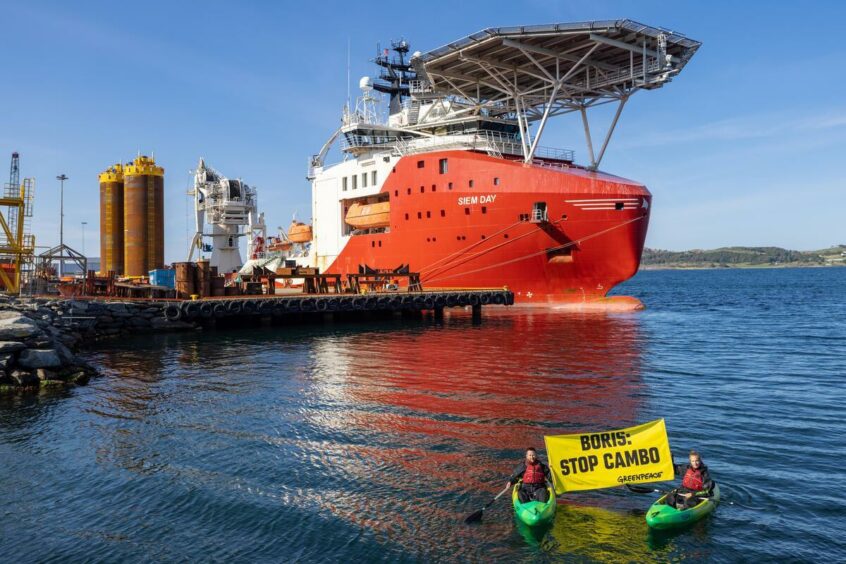 © Espen Mills / Greenpeace
© Espen Mills / Greenpeace © Supplied by DCT Media
© Supplied by DCT Media